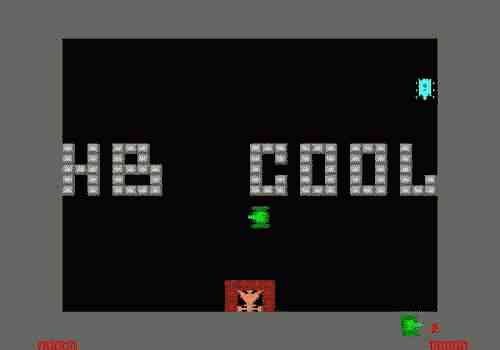

Variations on the game were included in the Atari 2600 game Combat, as well as in the Coleco Telstar game Telstar Combat!, both in 1977. A dedicated console version of Tank II was announced in 1977 but cancelled later that year the joysticks for the game, however, became the standard joystick controllers for the Atari 2600 (1977). It led to a cocktail cabinet release of the game and to four sequels: Tank II (1974), Tank III (1975), Tank 8 (1976), and Ultra Tank (1978). The game was commercially successful, selling over 10,000 units and buoying Atari's then-troubled finances. In September 1974, Atari announced a merger with Kee, which went into effect a month after the release of the game.

The game's cabinet was designed by Peter Takaichi. It was created as part of Bristow's vision to move the company away from only producing copies of Atari's games into also developing original titles. Tank was designed by Steve Bristow, who had previously worked with the founders of Atari on Computer Space, the first arcade video game, and was developed by Lyle Rains. The winner is the player with more points when time runs out, with each game typically one or two minutes long. The destruction of a tank from a mine or shell earns the opposing player a point, and tanks reappear after being destroyed. Each player controls their tank with a pair of joysticks, moving them forwards and back to drive, reverse, and steer, and firing shells with a button to attempt to destroy the other tank. In the game, two players drive tanks through a maze viewed from above while attempting to shoot each other and avoid mines, represented by X marks, in a central minefield. It was one of the few original titles not based on an existing Atari property developed by Kee Games, which was founded to sell clones of Atari games to distributors as a fake competitor prior to the merger of the two companies. Tank is an arcade game developed by Kee Games, a subsidiary of Atari, and released in November 1974.


 0 kommentar(er)
0 kommentar(er)
